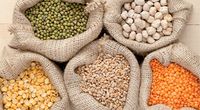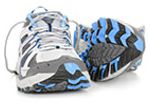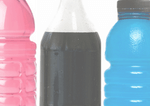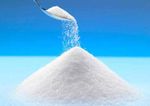To vegan or not to vegan? 4 essential tips
by Guest Author,
- May 24, 2019
- Leave a comment
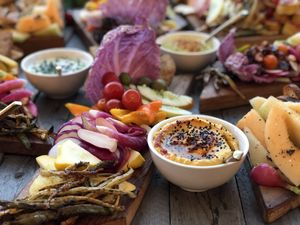
Heather Farquhar, student dietitian Curtin University
Going vegan is one of the biggest food trends of 2019. Australia is the third fastest growing vegan food product market in the world and we google information on the vegan diet much more than we do for other diets.
So why is it so popular? Well, we’re becoming more interested in the possible benefits on gut health, weight loss, sustainability and animal welfare and we’ve seen an explosion of vegan information on social media. But what do you need to know before you go vegan?
1. What is veganism and the vegan diet?
Veganism is based on a way of thinking and living that doesn’t allow any mistreatment of or cruelty towards animals. The vegan diet is a plant-based diet that does not include any foods that come from animals.
Vegans do eat:
- Fruits
- Vegetables
- Legumes
- Grains
- Nuts and seeds
- Soy foods, like tofu and tempeh
Vegans don't eat:
- Animal products, such as meat, chicken, fish, eggs and dairy foods
- Animal by-products, like rennet, gelatin and honey
2. What are the health benefits of a plant-based diet?
A vegan diet can be low in total fat and saturated fat, and high in dietary fibre, vitamins, minerals and antioxidants. If we eat lots of fruits, vegetables, legumes and wholegrains, whether we’re vegan or not, it can help to prevent diet-related diseases such as obesity, heart disease, type 2 diabetes and some cancers.
3. Plan your diet carefully to eat enough vital nutrients
A vegan diet cuts out foods that are a good source of some of the nutrients that our bodies need for good health. Vegans need to find other sources of these nutrients (see below) and plan their diet to prevent becoming deficient.
|
Vitamin B12 |
 |
|
Calcium |
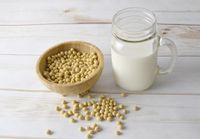 |
|
Iron |
|
|
Zinc |
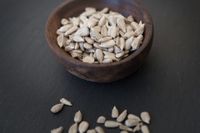 |
|
Omega-3 fats |
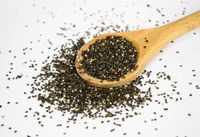 |
In summary, switching to a vegan diet doesn’t mean just not eating meat and dairy. It’s important to replace these foods with plenty of legumes, nuts, seeds, and fortified foods.
4. Do some research and consider seeing a dietitian first
Going vegan is a big change that needs to be carefully thought out. The Vegan RD has lots of helpful information to get you started. A dietitian can also help you design a meal plan that includes enough essential nutrients and is tailored to your likes and dislikes. You can find an Accredited Practising Dietitian by clicking this link.
What’s the final verdict?
-
To vegan: Do your research, consider seeing a dietitian first and plan your diet carefully. There are lots of handy apps that you can use to make your journey easier and more fun, such as HappyCow, Is It Vegan, Food Monster and
